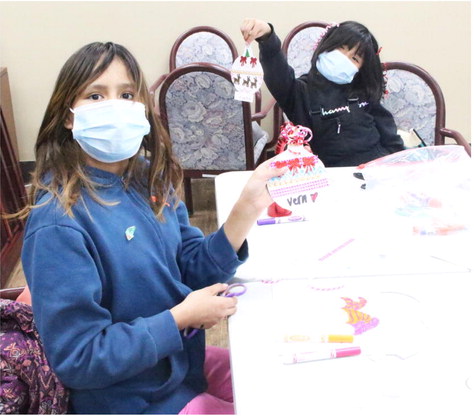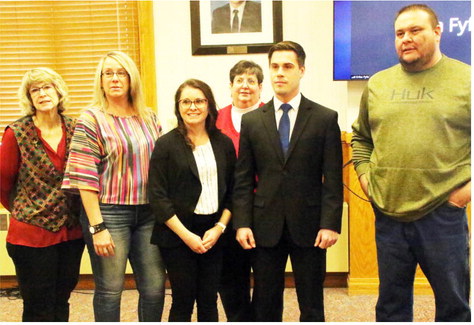State School Board Approves Alternative Teacher Licensure Program
Montana is changing requirements around teacher licensure in order to fill vacancies in the state. The Montana Board of Public Education voted unanimously last week to approve an alternative path to teacher licensure in the hopes it will help get more teachers in the classroom as the state struggles with vacancies.
The largest union in the state opposed the decision to approve alternative teacher licensure, but the Montana Chamber of Commerce endorsed it, saying it can help avoid rapid turnover in rural communities.
The board meeting also featured a lively discussion around potentially lowering the internship hours required to hire school psychologists, which saw opposition from eight statewide and national organizations.
Last fall, the Office of Public Instruction reported more than 1,000 teacher vacancies in the state. There were 15 school psychologist job listings posted to the Montana Association of School Psychologists website, last updated last week.
The board voted to give an “initial approval” for teachers to get certified more quickly and for less money through a new outlet for the state, the American Board for Certification of Teacher Excellence, until Jan. of 2026. The board set the timeline so that the next Superintendent of Public Instruction, to be elected in November, can decide if he or she would like to continue accepting teachers with the certification.
American Board for Certification of Teacher Excellence was founded in 2001 and is set up in 14 states. The organization touts itself as a cheaper and faster path to licensure, costing around $1,900. Isabelle Welch with the organization told the Montana board that teacher candidates must have a bachelor’s degree and pass a criminal background check to be in the program, and their services are targeted at people looking to switch careers.
“Maybe it’s your accountant who wants to teach math, your journalist who wants to teach English,” she said.
But Kim Popham with the Montana Federation of Public Employees said the certification just required participants watch videos and regurgitate the information in tests, with no internship requirement. She said the state already has accelerated programs through higher education like the Master of Arts in Teaching degree.
But Sheridan Johnson with the Montana Chamber of Commerce said the organization supported the recent legislation that allowed for alternative licensure, Senate Bill 373, and said it’s well known how hard it is to provide a quality education to rural communities.
“I graduated from Conrad High School in 2017 and had some incredible teachers, but our class also had 10 different teachers trying to teach us English between the 6th and 12th grade,” she said. “Alternative teacher certification programs will allow us to source these educators from local experts who have made the area home and are invested in the community.”
Earlier in the meeting, the board discussed comments it had received regarding the changes it is considering for requirements for school psychologists – halving the required internship hours from 1,200 to 600.
Both the National and Montana Association of School Psychologists and several other organizations opposed the change, saying lowering the requirement would put the state out of line with national standards and could hurt the state’s chances of joining inter-state license agreements– which could help with recruitment.
But Julie Murgel with the Office of Public Instruction said the licensing requirements are not changing, but school psychologist students with a few credits left could get a lower class license and can get their full license when their coursework is completed.
Board member Lisa Schmidt said the consequences of having someone without enough training in the position could be fatal if a student is in crisis and considering suicide. But board vice chairperson Susie Hedalen said that would be an all-hands-on-deck situation with lots of trained people responding.
The board did not vote on that item today and it wasn’t immediately clear when they would take action on it.
Board chairman Tim Tharp at the end of the meeting said he struggled with the perception the board was “watering down” standards as they look at alternative solutions to filling vacancies.
“In a post-Covid world I think we learned that things can be done differently and there’s different ways of accomplishing these things,” Tharp said. “The struggle that we all face is how to do that while maintaining high standards.”


